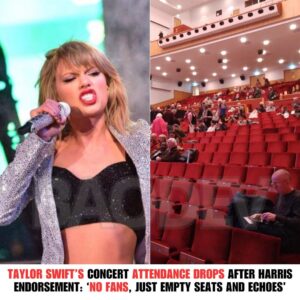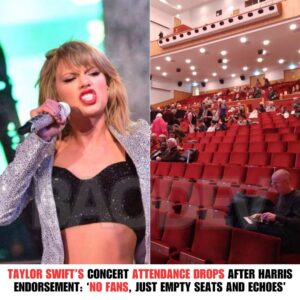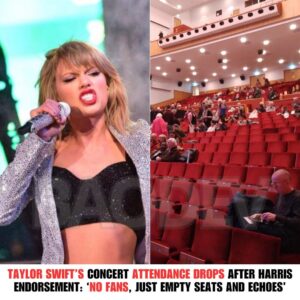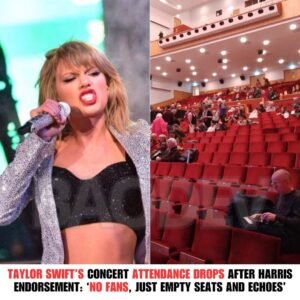J.K. Rowling’s recent comments have ignited significant controversy as she publicly opposed the participation of transgender athletes in women’s sports, specifically targeting Valentina Petrillo, a transgender Paralympic sprinter, whom she labeled a “cheater.” This statement adds to the ongoing debate about the inclusion of transgender athletes in competitive sports, where opinions are sharply divided.
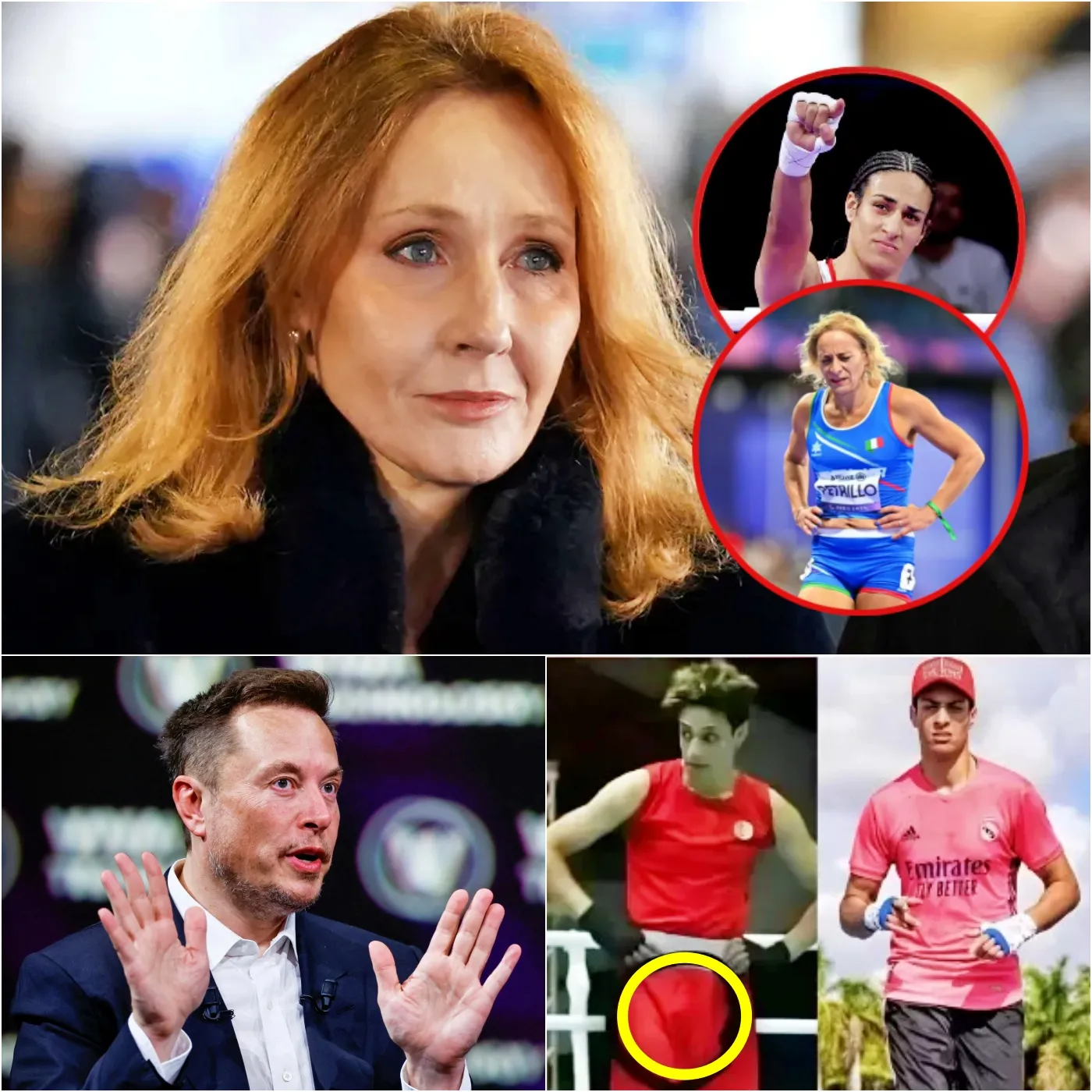
In a series of social media posts, Rowling drew parallels between Petrillo and Imane Khelif, another athlete involved in a gender-related controversy. She argued that allowing transgender women to compete in women’s events presents an unfair advantage, questioning the integrity of competition: “Where is the justice if they are all transgender? How can they compete in women’s events?” This perspective echoes concerns within certain circles about competitive fairness in sports.
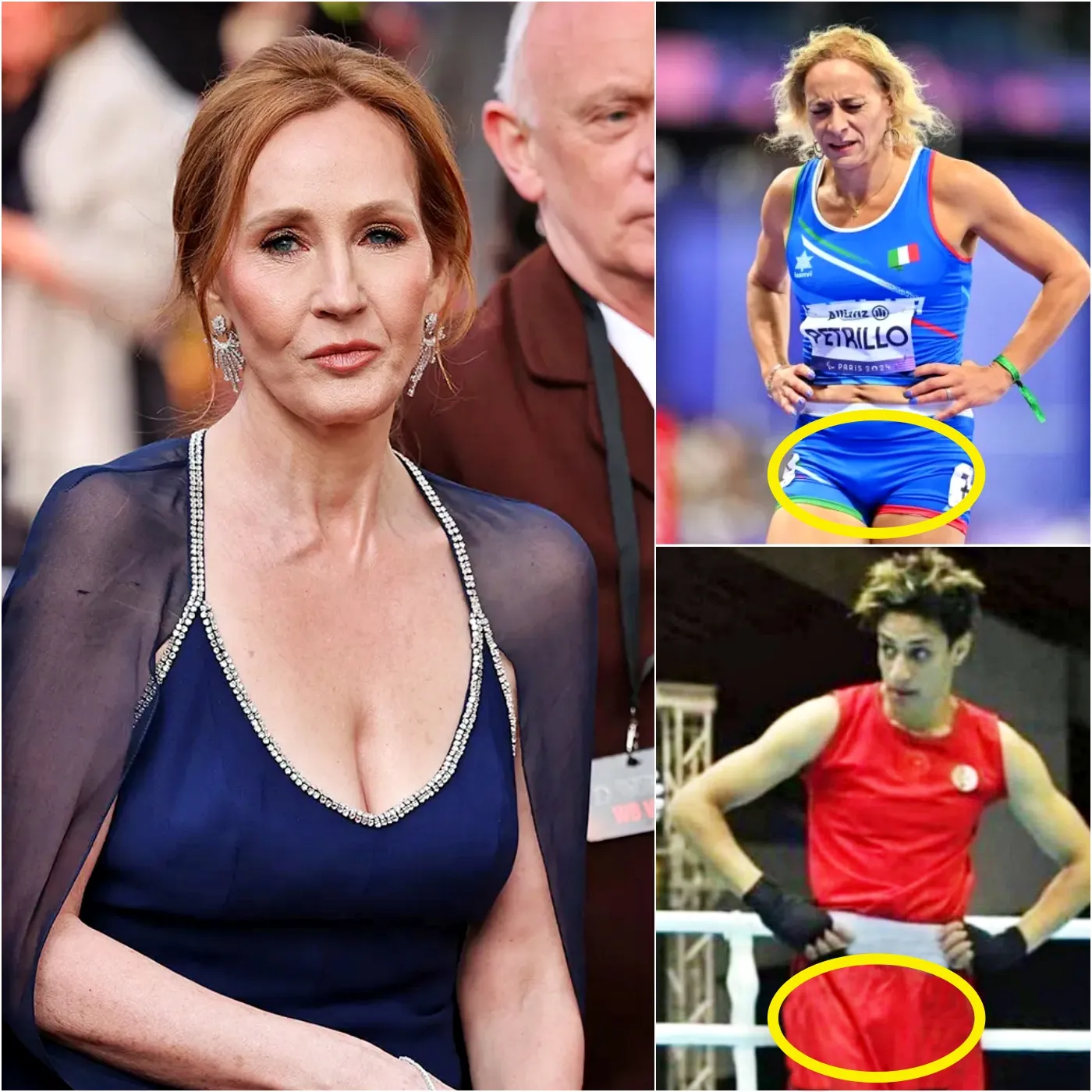
The discussion surrounding transgender athletes in women’s sports is highly contentious, with advocates emphasizing the need for inclusivity and equal opportunity for all individuals, regardless of gender identity. Critics, including Rowling, contend that such inclusion may compromise fairness, sparking intense debates on both sides.
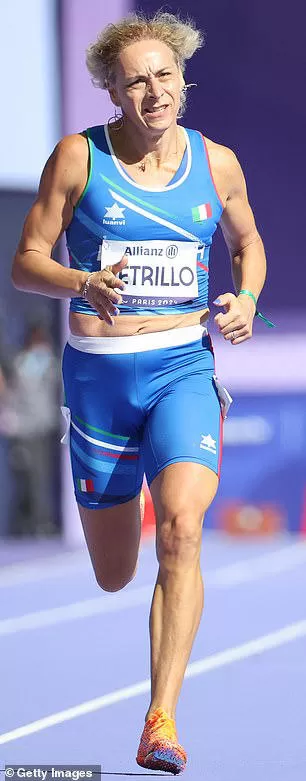
Valentina Petrillo has emerged as a prominent figure in this discourse, with her performances at the Paralympics drawing mixed reactions that mirror societal divisions on the topic. Rowling’s comments have prompted a significant backlash on social media, with supporters of Petrillo condemning her statements as harmful and damaging to transgender rights. Conversely, some have rallied behind Rowling, advocating for a reassessment of policies regarding transgender athletes in competitive sports.
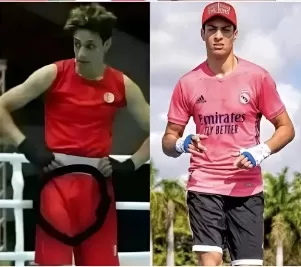
As this debate unfolds, it highlights the challenges of balancing inclusivity with fairness in sports. Rowling’s vocal stance has intensified discussions on this complex issue, revealing the deep polarization surrounding the participation of transgender athletes in women’s events.
